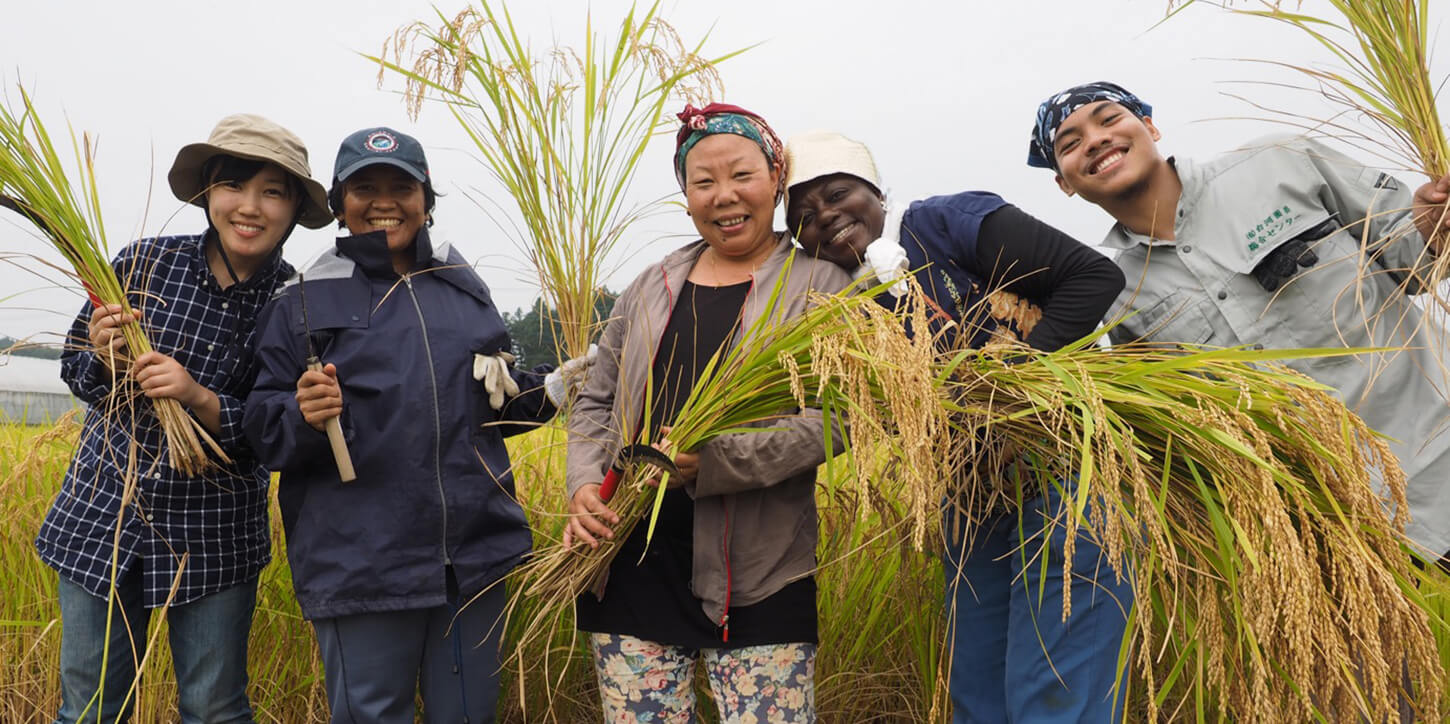
By Thomas Kemper
April 22, 2019 | Atlanta, Ga.
I join the chorus of Christian and other religious voices in condemning the terrorist bombings of churches and other places in Sri Lanka on Easter Sunday morning, April 21, with the reported loss of at least 300 lives and about 500 people wounded. Such violence is an attack on both the Easter celebration of life and hope and an affront to the human aspiration for a world of peace and reconciliation.
The General Board of Global Ministries expresses solidarity with the Sri Lankan Christian community, recognizing our special connection with mission partners, the Methodist Church of Sri Lanka and the National Christian Council of Sri Lanka. We are in prayer for the injured and the families of those killed and for peace and stability in the country.
Coordinated suicide bombings were carried out at early worship services at Roman Catholic churches, St. Anthony’s Shrine in Colombo, the capital of the island nation southeast of India; St. Sebastian’s Church in nearby Negombo and at the independent charismatic Zion Church in the eastern city of Batticaloa. Bombs were also detonated at three luxury hotels that cater to foreigners. The largest numbers of casualties were at the churches, more than half in St. Sebastian’s in Negombo.
The Rev. Dr. Jerome Sahabandhu, mission theologian in residence at Global Ministries in Atlanta, arrived in Negombo, his hometown, on Easter evening to attend the funeral of his father who had passed away earlier in the month. He reported a curfew in affect in the aftermath of the bombing there and an atmosphere of fear, with churches still under guard by police. “The general public is peaceful and praying,” he confirmed by email.
On Easter Monday, April 22, Sri Lankan authorities announced the arrests of 24 people in connection with the bombings. They attributed the attacks to a little known radical Sri Lankan Islamist group called National Thowheeth Jama’ath.
Sri Lanka is formally a multicultural, multireligious nation of 20.5 million people. A majority – some 70 percent – is Buddhist. Hindus constitute 12.6 percent, Muslims 9.7 percent, Christians 7.4 percent, of which the majority are Roman Catholic. Other Christians make up only 1.3 percent of the total population. The Methodist Church of Sri Lanka is of British origins and became autonomous in 1964.
Religious and ethnic tensions have troubled Sri Lanka for years, with Christians often attacked. Just a week before the Easter violence, a group threw stones and disrupted a prayer service at a center run by the Methodist Church at Kundichchaankulama in Anuradhapura. Six people were arrested as a result of the incident.
We are deeply saddened by the current situation in Sri Lanka, a nation still in the process of recovering and reconciling after a civil war that raged for 26 years, ending in 2009.
We pray for calm and that the government will ensure the protection of Christian communities at this time and guarantee the freedom of worship for all faith traditions. We also urge the government to bring to justice the parties responsible for these recent attacks.
May the Peace of Christ be with all in Sri Lanka and everywhere.
Thomas Kemper, General Secretary, Global Ministries

